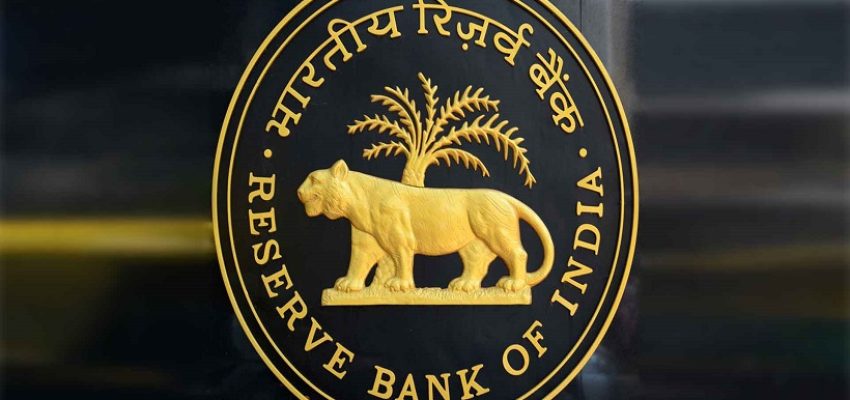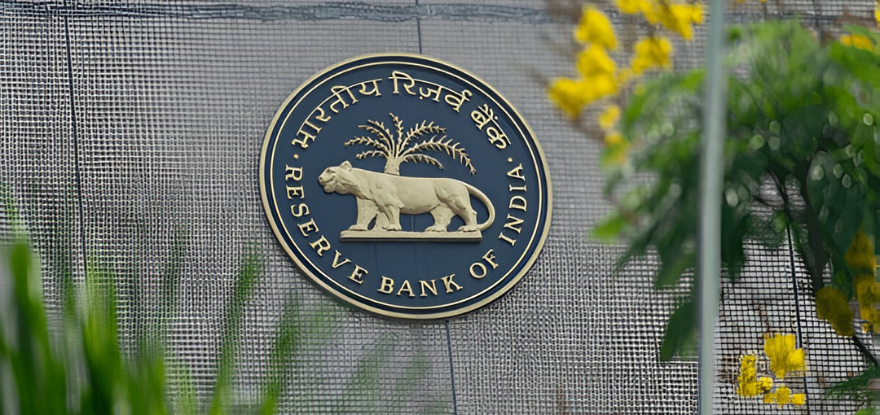Reference: Reserve Bank of India
Update:
Investment by Foreign Portfolio Investors (FPI) in Debt:
RBI amended the directions issued under Foreign Exchange Management (Debt Instruments) Regulations, 2019
Following amendments are made by RBI:-
- short-term investments by an FPI shall not exceed 20% of the total investment of that FPI in either Central Government Securities (including Treasury Bills) or State Development Loans. This short-term investment limit is hereby increased from 20% to 30%.
- Short-term investments by an FPI shall not exceed 20% of the total investment of that FPI in corporate bonds. This short-term investment limit is hereby increased from 20% to 30%.
FPI investments in Security Receipts are currently exempted from the short-term investment limit and the issue limit. These exemptions shall also extend to FPI investments in the following securities:
- Debt instruments issued by Asset Reconstruction Companies; and
- Debt instruments issued by an entity under the Corporate Insolvency Resolution Process as per the resolution plan approved by the National Company Law Tribunal under the Insolvency and Bankruptcy Code, 2016
Update:
Voluntary Retention Route’ (VRR) for Foreign Portfolio Investors (FPIs) investment in debt:
RBI has made following changes in the directions governing investment through the Voluntary Retention Route (VRR).
a) The investment cap is increased to Rs. 1,50,000 crores from Rs. 75,000 crores.
b) FPIs that have been allotted investment limits under VRR may, at their discretion, transfer their investments made under the General Investment Limit to VRR.
c) FPIs are also allowed to invest in Exchange Traded Funds that invest only in debt instruments.
Reference: Securities & Exchange Board of India
Update:
SEBI imposed monetary penalty of total Rs. 10,70,00,000 on Jindal Cotex Ltd and 3 others:
SEBI has imposed monetary penalty of total Rs. 10,30,00,000 on Jindal Cotex Ltd, Rs. 20,00,000 on Mr. Sandeep Jindal and Rs. 10,00,000 each on Mr. Rajinder Jindal and Mr. Yash Paul Jindal for trading in fraudulent manner and violating Section 2A (a), (b), (c) of SEBI Act, 1992 read with Regulations 3(a), (b), (c), (d) and 4(1), 4(2)(f), (k), (r) of PFUTP Regulations and Section 21 of the Securities Contracts Regulations Act, 1956 read with Clauses 32, 36(7) and 50 of the Listing Agreement.
READ MORE
Implication:
The Noticees will have to pay the amount of penalty within 45 days of receipt of order.
Update:
Streamlining the Process of Rights Issue
SEBI has made amendment in the process of Right Issue.
The period for advance notice to stock exchange(s) has been reduced from at least 7 working days to at least 3 working days (excluding the date of intimation and the record date), for the purpose of rights issue.
Issuance of newspaper advertisement disclosing date of completion of dispatch and intimation of same to the stock exchanges for dissemination on their websites, shall be completed by the issuer at least 2 days before the date of opening of the issue.
SEBI stated that, in the letter of offer and the abridged letter of offer, the issuer shall disclose the process of credit of REs in the demat account and renunciation thereof.
REs shall be credited to the demat account of eligible shareholders in dematerialized form. In REs process, the REs with a separate ISIN shall be credited to the demat account of the shareholders before the date of opening of the issue, against the shares held by them as on the record date.
REs shall be traded on secondary market platform of Stock exchanges, with T+2 rolling settlement, similar to the equity shares. Trading in REs on the secondary market platform of stock exchanges shall commence along with the opening of the issue and shall be closed at least four days prior to the closure of the rights issue.
SEBI also stated that No withdrawal of application shall be permitted by any shareholder after the issue closing date.
Implication:
This will simplified the process of right issue and make it more efficient and effective.







